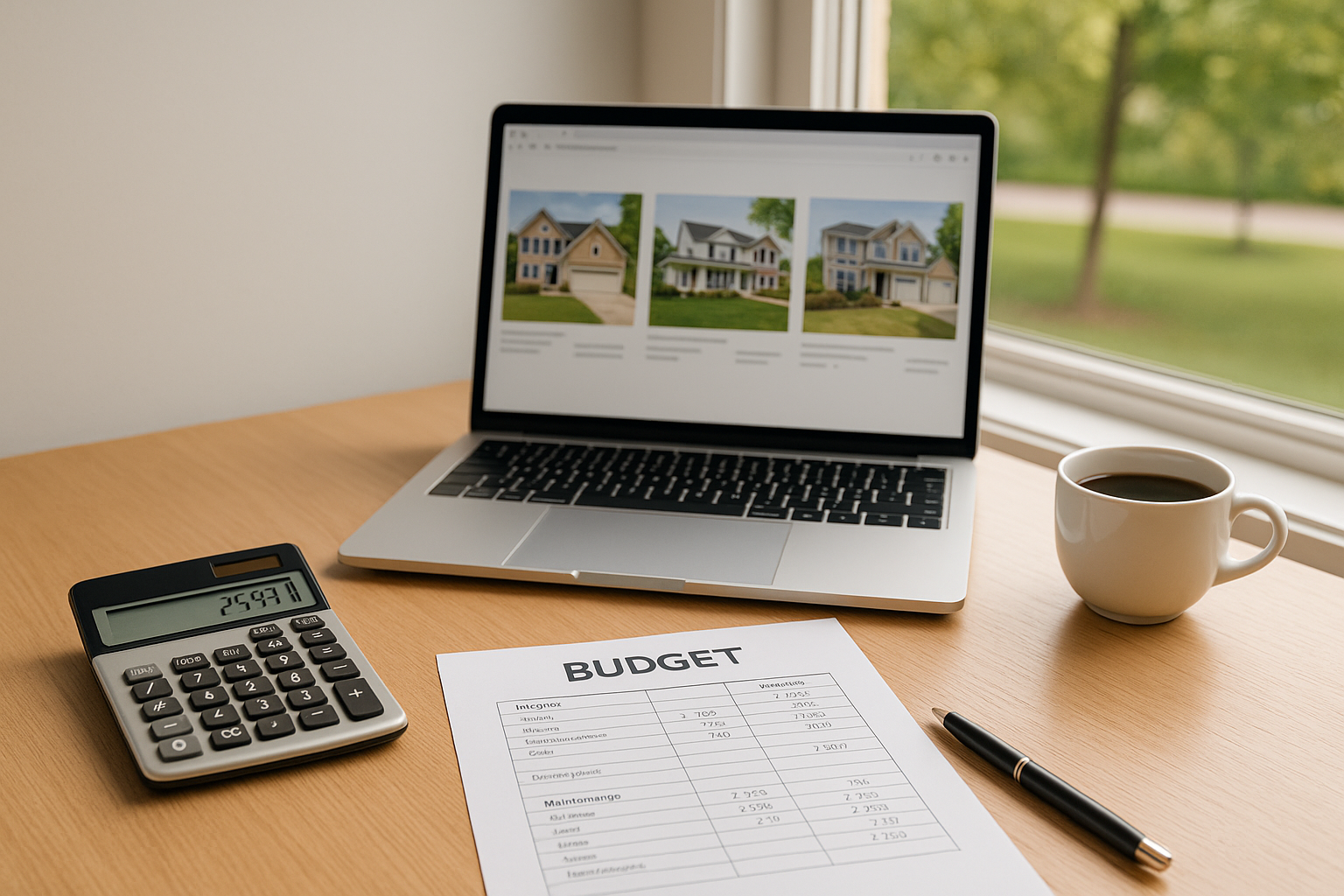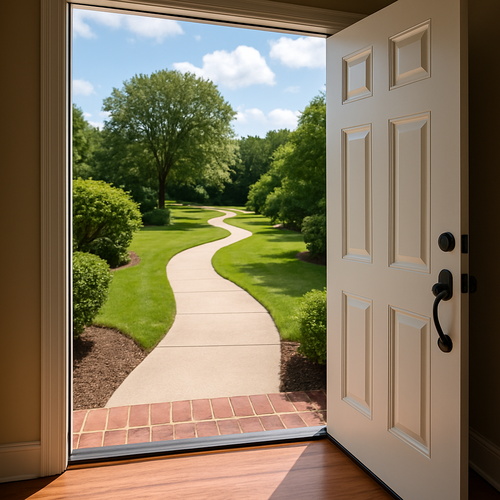For years, homebuyers were told to follow one simple rule: Spend no more than 30% of your income on housing.
It was the gold standard of affordability. But in 2025, that rule is breaking down fast.
According to Realtor.com’s latest Affordability Report, the average U.S. household would need to spend 44.6% of their income to afford a median-priced home. In some cities, that number exceeds 100%.
So if you’re trying to buy a home in North Carolina's Triangle, whether in Raleigh, Cary, Apex, or Durham, and the math just isn’t working like it used to, you’re not crazy. The old budgeting rulebook doesn’t fit today’s real estate market.
But that doesn’t mean homeownership is out of reach. It just means it’s time for a smarter, more personal approach to budgeting.
Why the 30% Housing Rule Doesn’t Work in 2025
The 30% rule originated from a 1969 public housing policy called the Brooke Amendment, not a modern real estate playbook. And while it once helped buyers avoid overextending themselves, it no longer reflects:
Local cost of living differences (Apex ≠ Los Angeles)
Student loans, childcare, or medical expenses
High interest rates or unpredictable home price trends
Trying to force your budget into that outdated formula can leave you frustrated or even locked out of the market.
How to Budget for a Home in the Triangle Area
1. Start With Your Monthly Comfort Number
Instead of percentages, focus on real numbers. Ask yourself:
How much can I comfortably spend on housing each month while still living the life I want?
Include:
Your current rent or mortgage
Insurance, utilities, and groceries
Debt payments (credit cards, student loans, car loans)
Emergency fund and savings goals
Childcare, travel, or lifestyle costs
Your answer might not land at 30% of your income, and that’s okay. What matters most is that it’s sustainable.
2. Know What You’re Really Paying
When you see a $475,000 home in Pittsboro or Fuquay-Varina, your actual monthly payment includes more than the mortgage.
Be sure to factor in:
Principal and interest
Property taxes
Homeowners insurance
PMI (if your down payment is under 20%)
HOA fees (if applicable)
Maintenance and utilities
I can connect you with a local lender who can run these numbers based on your exact situation before you start home shopping.
3. Use 30% as a Red Flag, Not a Rule
Spending more than 30% on housing doesn’t automatically mean you’re overspending, especially if your debt is low and income is stable.
But if you’re nearing 50% and juggling credit cards or student loans, it’s time to hit pause. Reassess your budget or adjust your price point before you commit.
4. Leverage Local Strategies to Make It Work
Buying a home in the Triangle in 2025 is about strategy, not just sacrifice. Here’s how to stretch your dollars:
Broaden your search radius – A 20-minute commute could save you tens of thousands.
Consider new construction – Builders in Holly Springs, Clayton, Morrisville, and other local areas within the Triangle are offering rate buydowns, upgrades, and closing cost help.
Negotiate with sellers – Many are open to concessions now, especially in homes that have been sitting for 30+ days.
Buy smart and not forever – You probably don’t need your dream home today. You just need the right home for your goals and lifestyle. This is especially true for first time homebuyers.
Final Thoughts: Smart Home Budgeting Starts with You
The 30% rule may be outdated, but the goal behind it still matters:
You want a home you can afford without sacrificing your financial well-being.
And that is still possible in 2025, especially with the right approach and the right local guidance.
If you’re looking to buy a home in Raleigh, Durham, or the surrounding Triangle area and want help aligning your budget with the realities of today’s market, let's connect. I’ll help you make sense of the numbers, identify smart opportunities, and find the right move for your next chapter.
Let’s make a move that works for your life and not just your loan approval.
Thanks for reading!
Brandon Yopp



